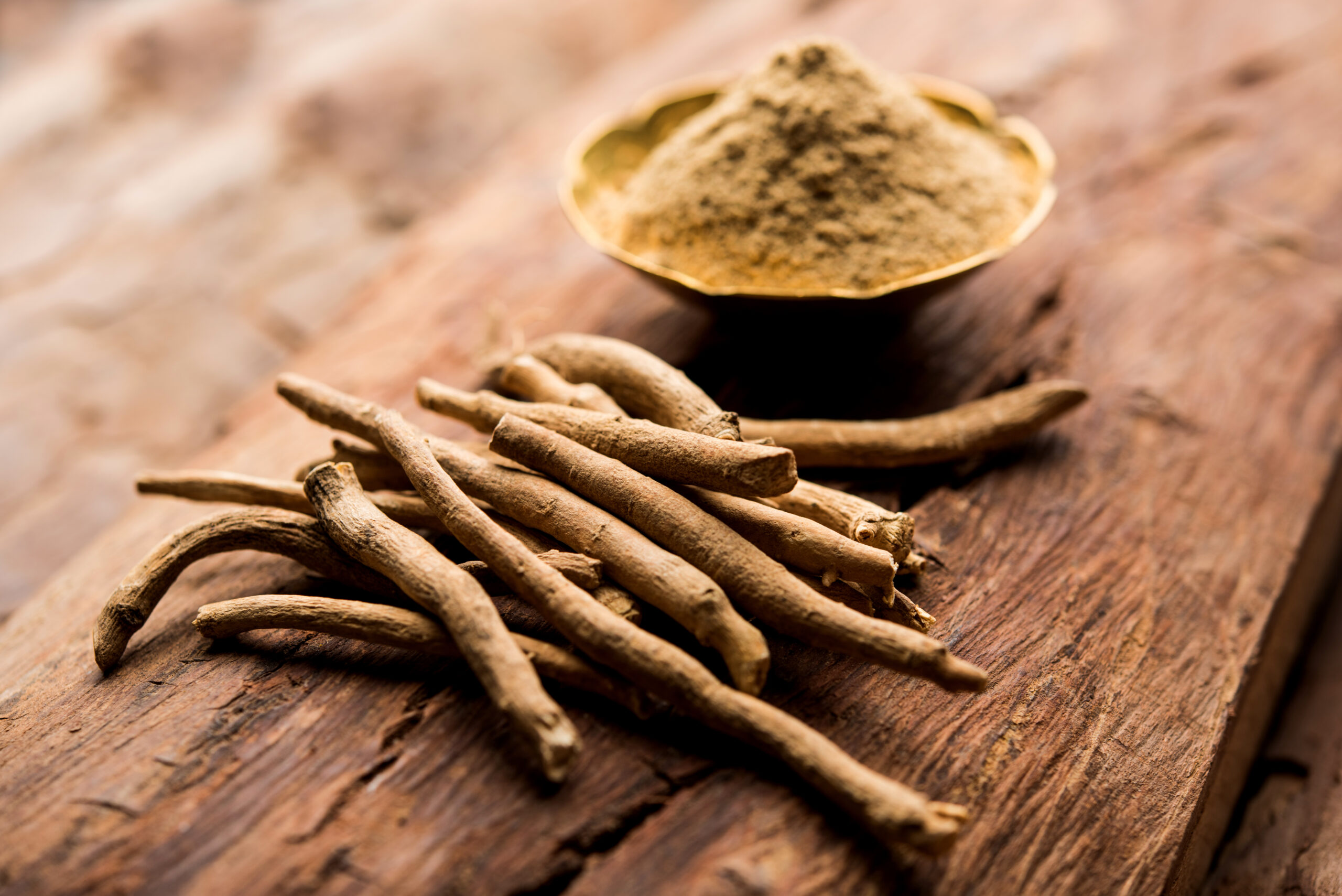Ashwagandha, scientifically known as Withania Somnifera, is an ancient medicinal herb from India, traditionally used for its many health benefits, including its role in managing stress. It has been used in Ayurvedic medicine for thousands of years to treat conditions like insomnia, anxiety and depression, and to improve the body’s natural defenses. In recent years, modern science has begun to validate the traditional uses of Ashwagandha and has uncovered a variety of potential health benefits associated with its use.
The term “ashwagandha” is derived from two Sanskrit words: “ashwa” meaning horse, and “gandha” meaning smell. This is due to the fact that the plant has a distinct smell which is said to be reminiscent of a horse. Ashwagandha is classified as an adaptogen, meaning it helps the body to “adapt” to stress by reducing the physical, mental, and emotional reactions to stress. It has been shown to reduce cortisol levels (the “stress hormone”) and improve stress resilience.
Ashwagandha’s stress-relieving effects are due to its ability to modulate the body’s stress response. It works by regulating the production of cortisol and other stress hormones. Studies have shown that it can reduce cortisol levels by up to 26%, while also increasing levels of the “happy hormones” serotonin and dopamine. This can help to reduce feelings of anxiety and depression and improve overall mental wellbeing.
In addition to its stress-relieving effects, ashwagandha has been found to have a number of other potential health benefits. Studies suggest that it may help to improve cognitive function, reduce inflammation, boost immunity, and even improve physical performance. It has also been shown to reduce symptoms of depression and anxiety and improve overall quality of life.
A systematic review and meta-analysis of studies on the effects of ashwagandha on stress and anxiety concluded that “ashwagandha supplementation appears to be a safe and effective treatment for stress and anxiety.” (1) This review also found that ashwagandha was more effective than placebo in reducing anxiety and stress.
In another study, researchers found that ashwagandha was able to reduce cortisol levels by up to 26% (2). This study also found that ashwagandha improved vitality and quality of life in those who took it.
The results of these studies suggest that ashwagandha may be an effective treatment for stress and anxiety. It is important to note, however, that more research is needed to fully understand its effects. As with any supplement, it is important to speak to a healthcare professional before taking it, to ensure that it is safe and effective for you.
In conclusion, ashwagandha is an ancient medicinal herb with a long history of use in Ayurvedic medicine. Modern science has begun to validate its traditional uses, showing that it can reduce cortisol levels, improve stress resilience, reduce symptoms of anxiety and depression, and improve overall quality of life. While more research is needed to fully understand its effects, ashwagandha appears to be a safe and effective treatment for stress and anxiety.
References:
- Choudhary, D., Bhattacharyya, S., & Joshi, K. (2017). Efficacy and safety of ashwagandha (Withania somnifera) root extract in improving memory and cognitive functions. Journal of Dietary Supplements, 14(6), 589–601. doi:10.1080/19390211.2016.1228671
- Pratte, M. A., Nanavati, K. B., Young, V., & Morley, C. P. (2014). An alternative treatment for anxiety: a systematic review of human trial results reported for the ayurvedic herb ashwagandha (Withania somnifera). The Journal of Alternative and Complementary Medicine, 20(12), 901–908. doi:10.1089/acm.2014.0177

